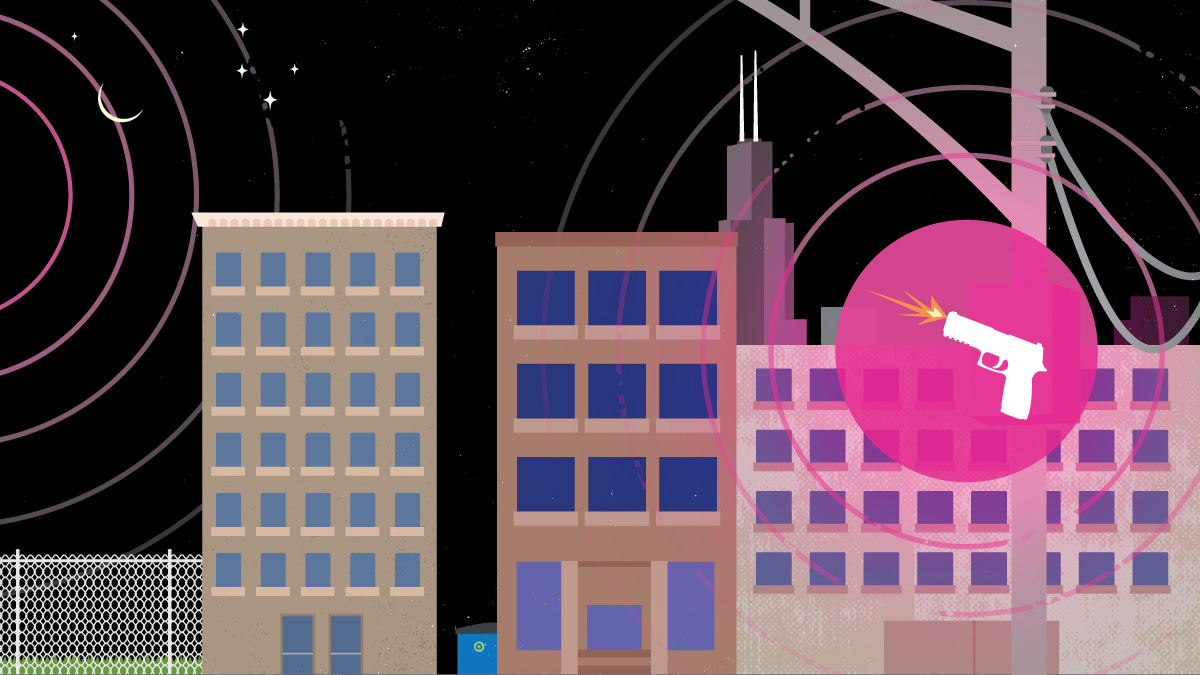For some reason the article won’t load for me. But I’m guessing it talking about the claim only ~9% of the time officers were able to confirm a firearm was present on the scene.
Maybe this mirror of it will?
But I’m guessing it talking about the claim only ~9% of the time officers were able to confirm a firearm was present on the scene.
Don’t think that shows up, this article is previously unpublished stuff I believe
For at least nine months, between October 2017 and July 2018, Scott DeDore tracked ShotSpotter’s accuracy in identifying confirmed gunshots. DeDore regularly shared his findings with Chicago police and ShotSpotter, and even attempted to hone the tool’s precision by working alongside the company to install additional sensors, documents obtained through public records requests show. Over the course of those nine months, according to the records, ShotSpotter correctly detected a gunshot in 63 of 135 instances in which a person was struck, an accuracy rate of about 47 percent.
One month after DeDore sent his last available report, then mayor Rahm Emanuel signed a new three-year, $33 million contract with ShotSpotter (the company has since rebranded as SoundThinking). It covered 12 police districts—100 square miles—and made Chicago the company’s largest customer at the time.
These records represent a look into a small corner of Chicago’s southwest side from more than half a decade ago. But they offer a unique window into ShotSpotter and its role in an increasingly surveilled city. And they came at a time when the city was reinventing its policing strategy. Six years later, Chicago is again at a crossroad, as a new mayoral administration “reimagines” public safety and mulls the fate of ShotSpotter when its contract expires in mid-February.
Thanks the mirror helped
Didn’t this first get deployed in Philly around 2000? Seems I remember reading about for a long time now, and somehow I’ve never seen stats on its effectiveness. Like has it ever assisted in making an arrest that wouldn’t have happened otherwise?
On the surface, it seems like a useful idea. But why should a city spend 11 mil/yr on it? There’s an opportunity cost with that 11mil,how else could it have been spent to reduce crime issues? Would those other ways have more impact on crime, the same, or less?
Seems like if a private company thinks they have a solution, they’d be able to present that in a convincing manner. Even that 47% stat has me wondering, what is it really indicating? Did it make any difference in those cases? If so, what?
Also, call me cynical, but these companies have what, dozens of microphones throughout a city. What kind of data can they gather?
Edit: 33 million over 3 years, so 11 mil a year




